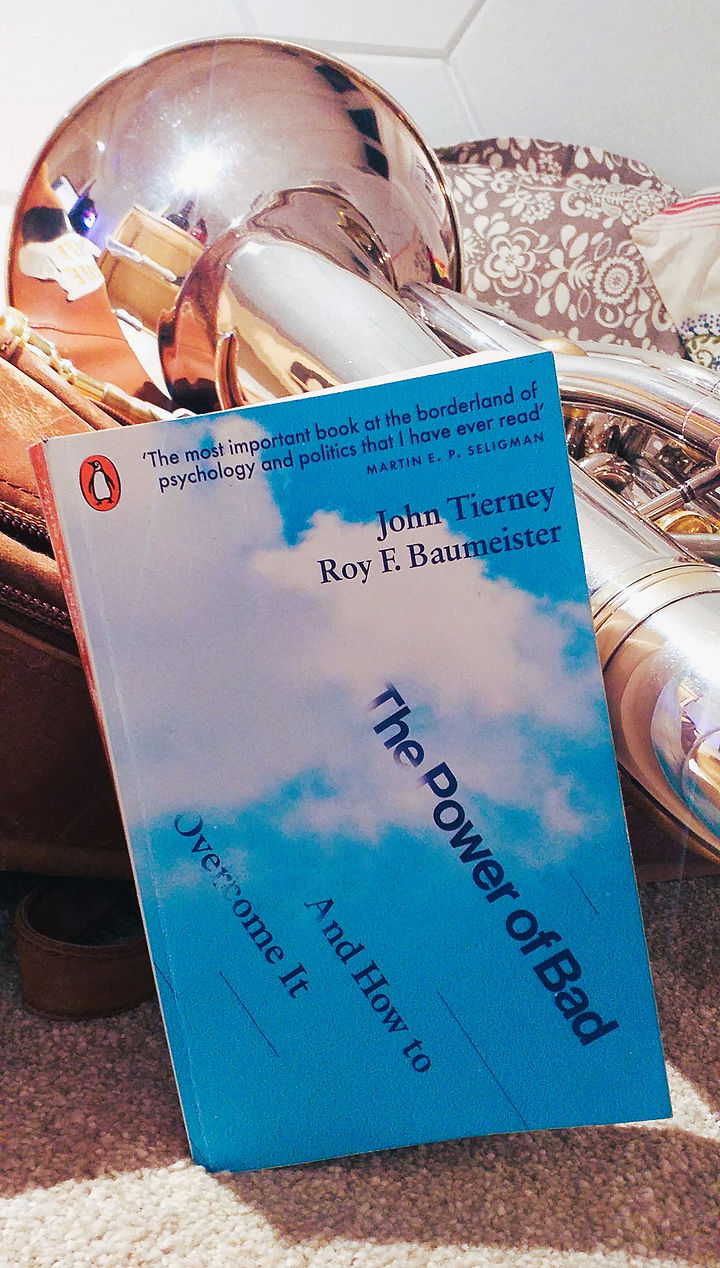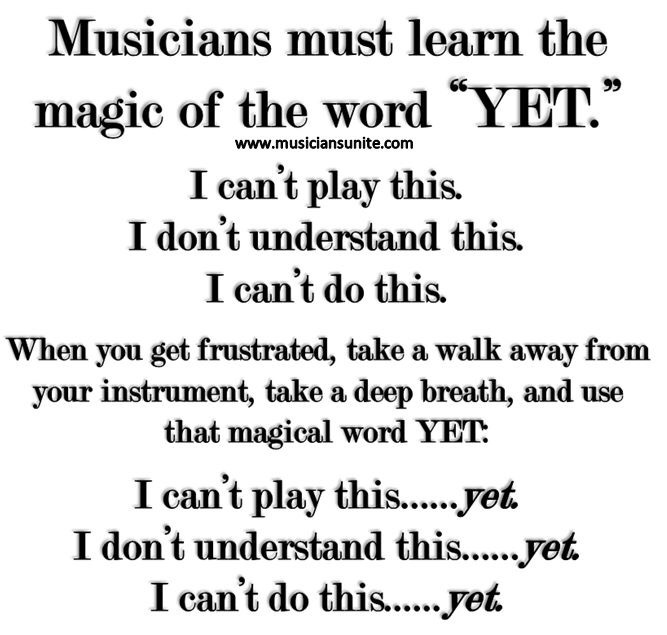The pursuit of musical excellence is a journey that many musicians embark upon with a fervent desire to achieve perfection. We strive for flawless performances, impeccable technique, and unwavering precision. As an advanced amateur pianist, these are goals to which I too aspire.
But the constant pursuit for perfection and an ongoing desire for perfectionism in one’s music making can be a double-edged sword for musicians. The relentless pursuit of flawlessness can lead to a never-ending, often negative cycle of self-criticism and anxiety. Musicians who set impossibly high standards for themselves may find it difficult to ever feel satisfied with their performances, leading to a constant state of stress and self-doubt. Some may ask themselves, “will I ever be good enough?”
The pursuit of musical mastery is admirable, and indeed the striving for mastery is a major driver of motivation and commitment. However, it is also essential to recognise the significance of know when and accepting that you are “good enough” as a musician. Perfection can be an unattainable goal; acknowledging you are “good enough” is not only perfectly acceptable but can also be liberating and personally fulfilling. It can help musicians to break free from the paralysing grip of perfectionism, allowing them to enjoy the process of making music and to develop as artists and individuals.
My own personal acceptance that I am “good enough” came after I had spent nearly ten years studying for professional performance diplomas, having returned to the piano seriously after a gap of nearly 25 years. Having secured two diplomas with distinction in relatively quick succession, my ego led me to believe that the final, Fellowship diploma was well within my grasp. Unfortuntely, I failed this diploma; the deep disappointment I felt on receiving the news gave me an opportunity to reflect on what I really wanted from my music. I knew I would never be a professional musician, despite playing at an advanced level and receiving external validation from teachers, mentors, peers and audiences, and I knew I was a good pianist. But taking lessons, and attending courses and piano meetup events, where there was a tendency to constantly compare oneself to others of a similar ability, made me question my own abilities in a way which made practicing and music making feel like a chore rather than a pleasure. (And ultimately, as a amateur musician, pleasure should be at the foundation of one’s musical pursuits.)
“You don’t need to go on courses to know you’re good” my ultra-sensible, pragmatic and honest husband told me one day. And he was right. So I learnt to trust my own musical instincts, to recognise the value of what I had to say and to measure it against the music rather than other people – to, as Schumann said, “…converse more with scores than with virtuosi” – to recognise my own autonomy as a musician, and accept that I am “good enough”.
The result has been liberating. I no longer care what other people are playing, at what level they play at, or what repertoire they are working on. I play the music I want to play, and I’ve stopped beating myself up if I don’t practice every day (another joy of being an amateur is not feeling beholden to one’s instrument and muse every single day).
So why should you, as a musician, accept that you are “good enough?”. Here are some thoughts on the subject:
Embracing Individuality
Every musician possesses a unique set of skills, experiences, and perspectives. Embracing the idea that you are “good enough” means recognising and celebrating your individuality as an artist. It allows you to focus on your strengths, develop your style, and create a distinctive musical identity. While aspiring to reach new heights and improve is essential, acknowledging your current level of skill and artistry is a valuable step toward authentic self-expression.
Redefining Success
Success in music should not solely be measured by technical perfection or the approval of critics, peers, teachers or audiences. By accepting that you are “good enough,” you redefine what success means to you personally. It can encompass the joy of playing, collaboration with colleagues, the connection with your audience, and the sense of accomplishment from personal growth. This shift in perspective encourages a more holistic and fulfilling musical journey.
Reducing Performance Anxiety
The fear of making mistakes and the pressure to be flawless on stage are very common triggers for performance anxiety in musicians. Accepting that you are “good enough” can significantly alleviate this anxiety. When you recognize that making mistakes is a natural part of the learning process and that it does not diminish your worth as a musician, you can perform with greater confidence, freedom and enjoyment.
Sustainable Motivation
Constantly striving for perfection can lead to burnout. On the other hand, acknowledging that you are “good enough” can provide you with a sustainable source of motivation. The satisfaction derived from setting achievable goals, making incremental but noticeable progress, and celebrating small victories can keep you inspired and committed to your musical journey over the long term.
In conclusion, accepting that you are “good enough” is not a sign of complacency nor mediocrity. It is a testament to self-compassion, personal growth, and a healthier perspective on the art of making music. Embracing your current level of skill and artistry while still aspiring to improve can lead to a more fulfilling, enjoyable, and sustainable musical journey.
This site is free to access and ad-free, and takes many hours to research, write, and maintain. If you find joy and value in what I do, why not
(Photo credit Katrina Wright on Unsplash)


 Read more articles by Mark Glover and browse his website at
Read more articles by Mark Glover and browse his website at 




